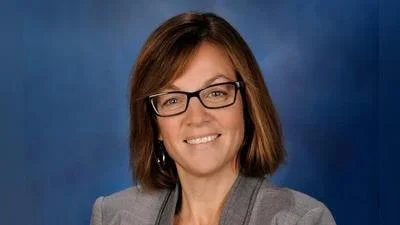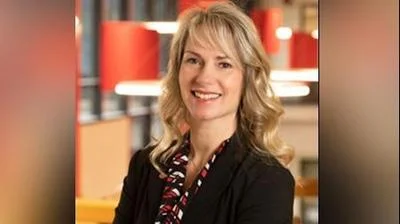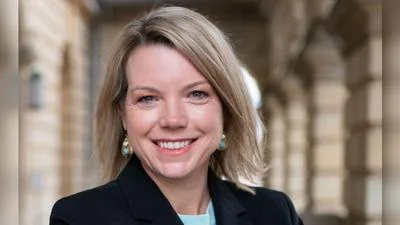Springfield, Illinois | By Katherine Johnson, A dreary day in Springfield Illinois, CC BY 2.0, https://www.flickr.com/photos/59179708@N00/1469062503
Springfield, Illinois | By Katherine Johnson, A dreary day in Springfield Illinois, CC BY 2.0, https://www.flickr.com/photos/59179708@N00/1469062503
Rep. Charlie Meier’s (R-Okawville) didn't think twice about voting against House Bill 40.
“I believe an unborn child has all the rights of any other human being,” Meier told the Metro East Sun. “If a pregnant woman is murdered or killed in a car wreck and the child also dies, the perpetrator is prosecuted for the death of that child.”
Despite Meier’s impassioned pleas, the bill allowing Medicaid recipients and state employees to use taxpayer money for elective abortion services passed the House 62-55 in late April. The measure also removes language mandating that an unborn child is legally considered a human being.
With Senate passage following on May 10, Meier’s only hope lies in Gov. Bruce Rauner having vowed to veto the measure. Early estimates are that Illinois taxpayers would be on the hook for an additional $60 million in annual funding if the bill becomes law, and Rauner has objected to the cost.
“I’m very pleased the governor has taken the stance he has,” Meier said.
According to a series of recent public opinion polls, Meier's position aligns with that of a growing sector of voters. A Marist Institute survey concluded that 61 percent of all respondents are against using taxpayer money to cover abortions, including 40 percent who identified as pro-choice.
Currently, 15 states fund elective abortions for Medicaid participants, 11 of which are acting on the orders of the court, not the legislature.
HB40 was introduced by Rep. Sara Feigenholtz (D-Chicago), who has said it was at least partly motivated by what’s happening at the federal level.
"After repeated threats from the White House and President Trump's remarks to strip abortion rights away from women, this legislation was necessary to safeguard a woman's right to make decisions that affect her personal health in Illinois," she said.
.jpg)




 Alerts Sign-up
Alerts Sign-up